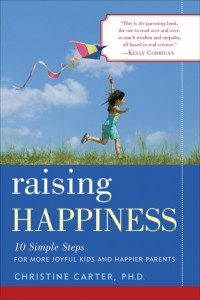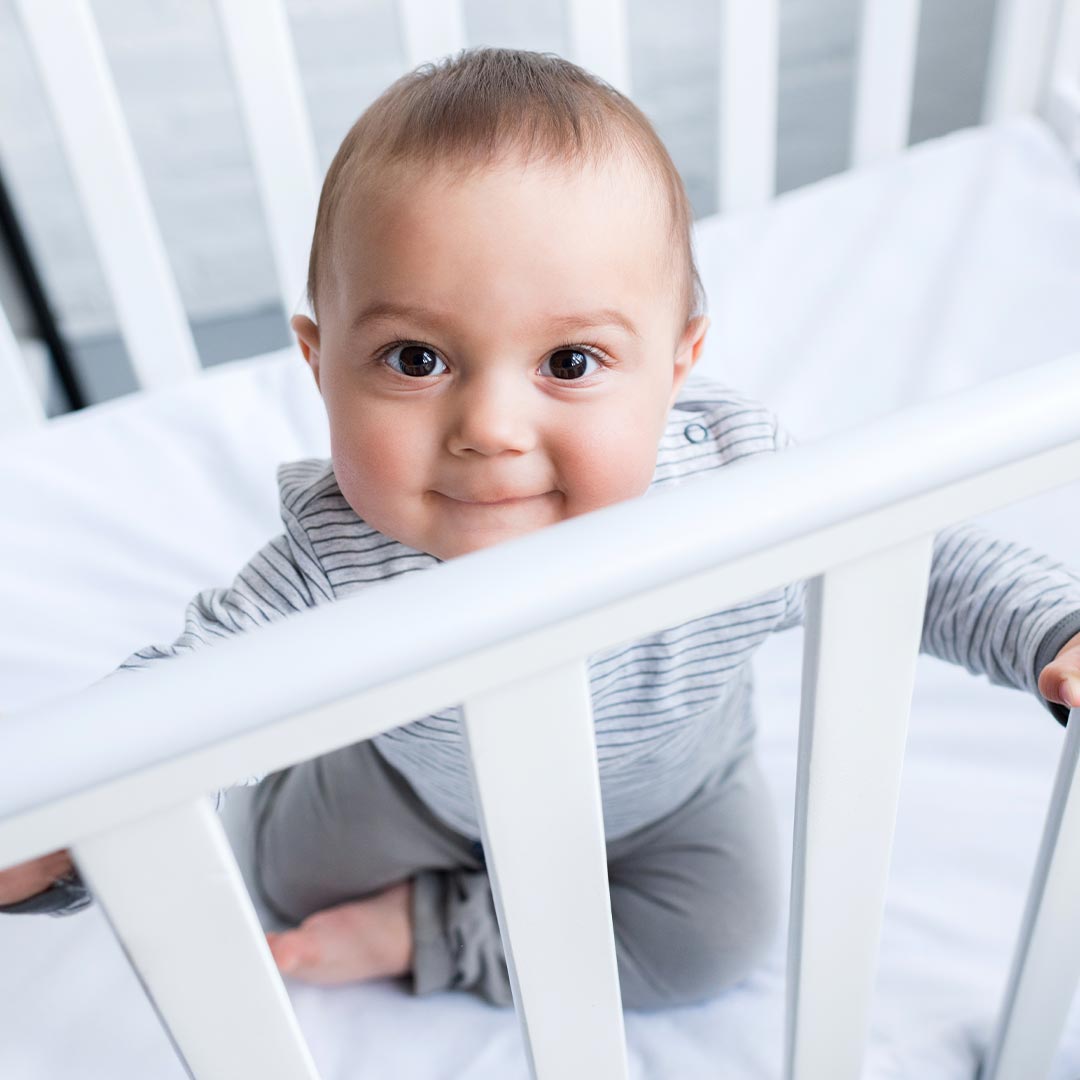
By Christine Carter, PhD
Stress is the trash of modern life – we all generate it but if you don’t dispose of it properly, it will pile up and overtake your life.—Danzae Pace
I’ve met very few parents who don’t complain about how stressful life is; just getting out the door in the morning can feel downright Herculean.
Feeling stressed out is not uncommon in our crazy busy society, even for people who don’t have a boss who insists on an 8:00am meeting the day you drive the carpool. In fact, a new study by long-time stress researcher Robert Epstein reveals that the average person’s ability to handle stress is painfully low.
I probably don’t have to say this, but stress is bad for our health and profoundly bad for our parenting. Parents’ ability to manage their OWN stress is the second most powerful predictor of THEIR KIDS’ well-being. (Behind only their levels of love and affection—that’s the most powerful predictor.)
Despite the many optimists out there proclaiming that “some stress is good,” I just don’t buy it. While it is true that stress can be motivating—its evolutionary function, of course, is to motivate us out of the path of a charging lion—personally, I feel better when I’m motivated by emotions other than fear.
Epstein’s newest study makes it totally clear: The people who are the least stressed out are very good at preventing stress rather than just knowing how to cope with it (though coping skills don’t hurt, either).
Is Stress-Free Parenting Possible?
I believe that stress-free parenting is possible, not 100 percent of the time, of course, but the majority of the time. Here’s how I recommend lowering the stress level in your household.
First, spend a little time identifying all the things that make you stressed in your day-to-day life. (I know: You don’t need one more thing to do. Think of this as an investment in your health and happiness.) Really listen to your body for this one: When do you feel nervous? When is your breathing shallow? Your shoulders tensed and aching? When are you likely to snap at your kids or lose your patience?
Before taking stock like this, I was already very aware of how work pressures were stressing me out. But when I spent some time jotting down the other times when I felt anxious, I also realized that I am frequently most tense when I’m running late. And I was always running late.
Second, re-engineer the routine and recurring stressors. Epstein’s study suggests that planning—preventing stress from even occurring—is the most effective way to manage stress. For school-day mornings to be calm in my house, for example, I’ve learned I need to wake up a full 45 minutes earlier than I wish was necessary (why can’t the kids just get dressed when I do?) and get backpacks packed the night before (even though the kids and I never want to do these things at the end of the day).
And in order to avoid the routine stress of always running late, I need to plan to arrive where I need to be 10 minutes early rather than checking one more quick thing off my list before I leave. Avoiding this stress not only makes my life feel easier (and therefore happier) but it leaves me more energy for the things I need to accomplish.
Third, proactively build your coping capacity. Let’s face it: All stress can’t be planned out of our schedules. We plan to gain more control over our day, but if nothing else, parenting is an exercise in not being in control. So we need to build up our stress-busting muscles. Stress management is really a set of skills that we need to learn and practice ourselves (and with our kids). Research shows that the more hours we put into training ourselves to deal with stress—through yoga or relaxation techniques, for example—the happier and more stress-free our lives can be.
Finally, plan priorities first, and manage time second. It is tempting to just react all day long, responding to emails (in my job, anyway) and doing the things that seem most urgent at the expense of other vital tasks. But living this way has a cost; for me, it is my health and happiness.
I have three main priorities in my life:
(1) Maintain my own health and happiness.
(2) Raise amazing human beings who are healthy and happy.
(3) Help others spread happiness—in themselves, their families, and their communities.
When I skip exercise or short-change myself on sleep, I might cross more off of my task list or answer more emails… but I put that first priority—staying healthy and happy myself—at risk. And if I get sick, or so stressed out that my energy is drained? Well, that puts my other two priorities at risk, too. So I always remind myself: It takes less time to meditate in the morning than it does to recover from the flu, should I get run down.
Stress is the garbage of modern life, as Danzae Pace says in the quote above. We don’t need it, and life becomes unlivable when it builds up. This week, plan to trash some stressful situations—get them out of your life! What can you do to avoid or eliminate a stressor? Your teens will thank you for it.
Christine Carter, Ph.D., teaches online happiness classes that help parents bring more joy into their own lives and the lives of their children, and she writes an award-winning blog for UC Berkeley’s Greater Good Science Center (where this article was originally posted). She is the author of RAISING HAPPINESS: 10 Simple Steps for More Joyful Kids and Happier Parents.
Check out Dr Carter’s online classes! Here is a special coupon code to receive $25 off!

If you take one of Dr. Carter’s classes let us know what you think by posting your comments here.
I am planning on taking Foundations and will let you know how it goes!



